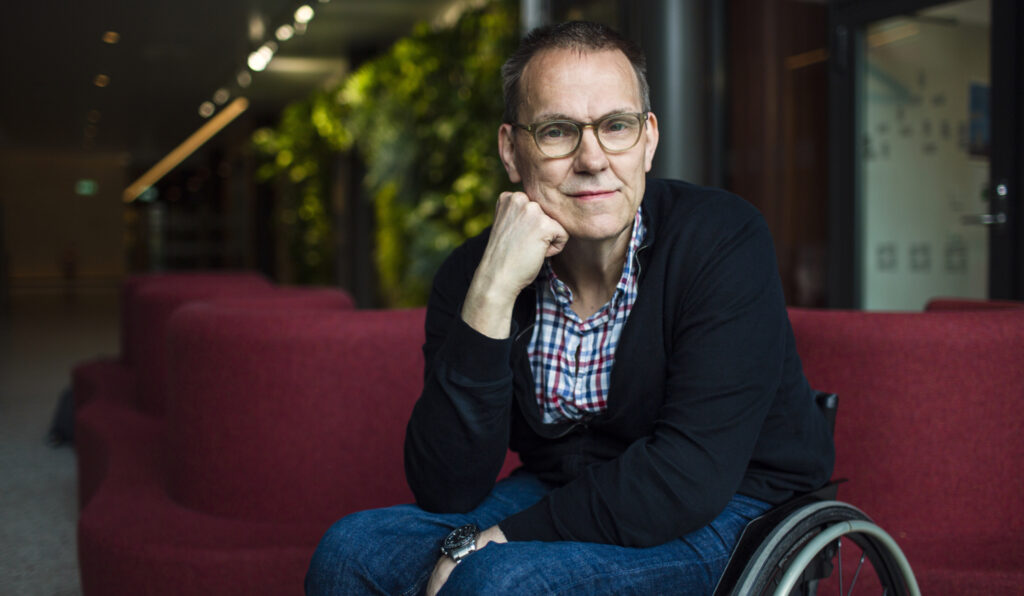
Research led by Cornell University reveals that high-wage earners prioritize their sense of community over potential tax savings when deciding where to live. The study, conducted by sociologist Cristobal Young and financial economist Ithai Lurie, analyzed nearly 4 million tax filings from individuals earning over $1 million annually. Their findings challenge common assumptions about migration patterns following changes in tax laws and the disruptions caused by the COVID-19 pandemic.
The study, titled “Taxing the Rich: How Incentives and Embeddedness Shape Millionaire Tax Flight,” published in the American Journal of Sociology, utilized data covering a seven-year period that included the enactment of the Tax Cuts and Jobs Act (TCJA) in 2017 and the onset of the pandemic in 2020. The TCJA capped the deduction for state and local taxes, which disproportionately impacted residents of high-tax states such as New York and California. This led many to believe that a mass exodus to states with no income tax, like Florida and Texas, would occur.
Young noted that despite the significant tax implications of the TCJA, which effectively raised taxes on wealthier individuals in Democratic-leaning states, the anticipated migration did not materialize. “The Trump tax bill made the differences in taxes between states larger than we’ve ever seen,” Young stated. “What we saw from that was essentially zero migration.”
The study’s extensive dataset, comprising approximately 500,000 tax filings per year, enabled the researchers to examine migration behavior before and after both the tax reform and the pandemic. While some high earners indeed relocated to lower-tax states, the majority stayed put, valuing their established social networks and local connections.
Impact of the COVID-19 Pandemic
The onset of the pandemic brought about unprecedented changes in daily life that influenced residential decisions. Young emphasized that as workplaces shifted to remote models and social interactions diminished, many individuals reassessed their living situations. “The pandemic took away a lot of the things that tie people to place,” he explained, highlighting how technologies like Zoom made it easier for people to maintain connections despite distance.
The research revealed that early in the pandemic, out-migration from cities like New York surged, with rates five times higher than those prior to COVID-19. In the San Francisco Bay Area, a similar trend occurred, although to a lesser extent. Interestingly, cities such as Houston, which is located in a state with no income tax, actually experienced a decrease in out-migration during this period, indicating that the pandemic’s effects varied significantly by location.
Young and Lurie’s research introduces the concept of “muted incentives,” describing how clear financial motivations, such as tax differences, fail to elicit desired behavioral responses in certain contexts. “Although top earners could significantly reduce their tax burdens by relocating to lower-tax states, few actually make this choice,” they noted.
Support for this research was provided by the Washington Center for Equitable Growth, the Russell Sage Foundation, and the Cornell Center for Social Sciences. The findings underscore the complex interplay between financial incentives and the intangible benefits of community ties, suggesting that high-income individuals may prioritize their established networks over potential economic advantages when considering relocation.







